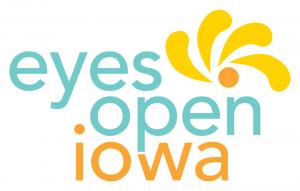Virtual Professional Development is a simulated classroom where teachers can practice teaching student avatars using short scenarios and support from an instructional coach, so they can quickly learn and master the skills they most need to be effective. With upper elementary, middle and high school classrooms, Virtual PD has scenarios for teachers of all grade levels across a wide range of topics aligned with the Professional Learning Standards for Sex Education (PLSSE). You can watch the video here (link is external) to learn more about Virtual PD.
Using the Virtual Professional Development classroom simulator, the educator will practice implementing Climate Setting When Teaching Sex Education with the student avatars. In this scenario, the educator will be meeting with their class for the first time. In this simulation with the five students, the participant will create ground rules, explain why they are needed when teaching sexuality education and reference them when needed. The participant will need to demonstrate the ability to use climate-setting strategies to foster a safe and productive learning environment.




